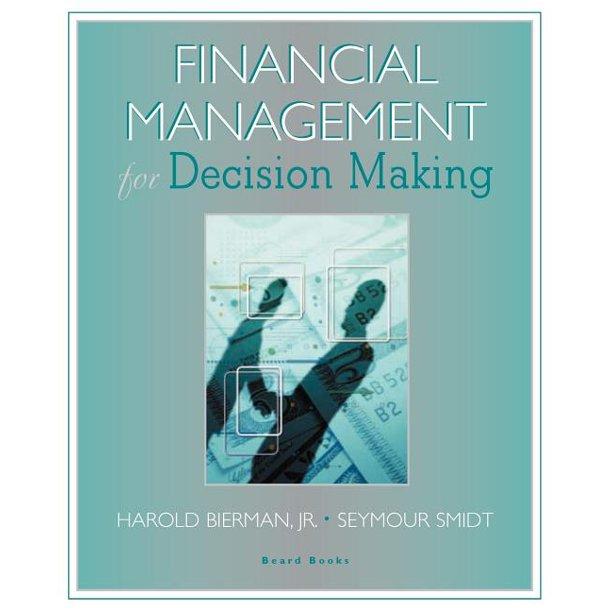Question
1. Iris collected $150,000 on her deceased husband's life insurance policy. The policy was purchased by the husband's employer under a group policy. Iris's husband
1. Iris collected $150,000 on her deceased husband's life insurance policy. The policy was purchased by the husband's employer under a group policy. Iris's husband had included $5,000 in gross income from the group term life insurance premiums during the years he worked for the employer. She elected to collect the policy in 10 equal annual payments of $18,000 each. How much of the $18,000 annual payment should be included in Iris's gross income.
2. Gordon, an employee, is provided group term life insurance coverage equal to twice his annual salary of $125,000 per year. According to the IRS Uniform Premium Table (based on Gordon's age), the amount is $12 per year for $1,000 of protection. The cost of an individual policy would be $15 per year for $1,000 of protection. Since Gordon paid nothing towards the cost of the $250,000 protection, Gordon must include in his 2017 gross income which of the following amounts?
3. Ellen, age 12, lives in the same household with her father, grandfather, and uncle. The cost of maintaining the household is provided by her grandfather (40%) and her uncle (60%). Disregarding tie-breaker rules, Ellen is a qualifying child as to:
a.Only her father.
b.Only her grandfather and uncle.
c.Only her uncle.
d.All parties involved (i.e., father, grandfather, and uncle).
e.None of these choices are correct.
4. Detroit Corporation sued Chicago Corporation for intentional damage to Detroit's goodwill. Detroit had created its goodwill through providing high-quality services to its customers. Thus, no basis for the goodwill appeared on Detroit's balance sheet. The suit was settled and Detroit received $1,500,000 for the damages to its goodwill.
a.The $1,500,000 is not taxable because it represents a recovery of capital.
b.The $1,500,000 is not taxable because Detroit did nothing to earn the money.
c.The $1,500,000 is not taxable because Detroit settled the case.
d.The $1,500,000 is taxable because Detroit has no basis in the goodwill.
e.None of these choices are correct.
5. On November 1, 2017, Bob, a cash basis taxpayer, gave Dave common stock. On October 30, 2017, the corporation had declared the dividend payable to shareholders of record as of November 22, 2017. The dividend was paid on December 15, 2017. The corporation has paid the $1,200 dividend once each year for the past ten years, during which Bob owned the stock. When Dave collected the dividend on December 15, 2017:
a.Bob must include $1,000 (10/12 x $1,200) of the dividend in his gross income.
b.Bob must include all of the dividend in his gross income.
c.Dave must include all of the dividend in his gross income.
d.Dave should treat the $1,200 as a recovery of capital.
e.None of these choices are correct.
Step by Step Solution
There are 3 Steps involved in it
Step: 1

Get Instant Access to Expert-Tailored Solutions
See step-by-step solutions with expert insights and AI powered tools for academic success
Step: 2

Step: 3

Ace Your Homework with AI
Get the answers you need in no time with our AI-driven, step-by-step assistance
Get Started


